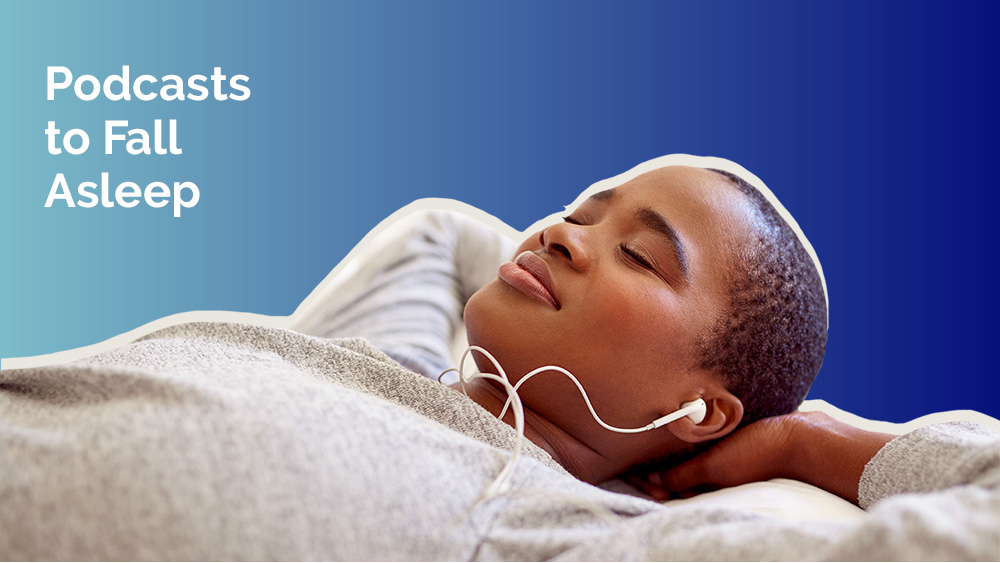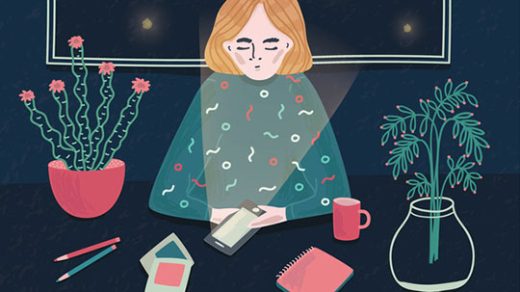Do you get the feeling of being busy all day, watching television, scrolling to TikTok and studying online? I have this feeling of the need of constant entertainment or nonstop stimuli. When I walk down the street I need music in my ears and even sleeping I can’t do without a podcast on. My addiction of stimulants, especially sound, is getting pretty bad…
Taking time to reflect and be alone with our thoughts, free from outside distractions, shouldn’t be such a challenge, right? Yet, as a society, we seem to be grappling with this idea, largely because of the endless entertainment options available through our devices. This desire for constant engagement likely didn’t exist before the rise of smartphones and high-speed internet just over a decade ago, but it has since become a standard part of our lives. We’ve developed an almost irrational fear of being alone with ourselves for even short periods, worried that we might experience boredom. Whether we’re standing in line, enjoying a meal, or even using the restroom, many of us feel compelled to reach for our phones instead of simply sitting with our thoughts. We flit from one task to another, constantly seeking to keep our minds occupied, even if it means mindlessly scrolling through our screens in search of something entertaining. The craving for constant stimulation has evolved into one of the most prevalent addictions today. Unlike other addictions, however, this one is widely accepted in society, having become far too common in our daily lives.
It is such a shame most people can not be bored anymore! Boredom can be one of the key drivers of creativity—an unassuming muse that has sparked countless remarkable songs, novels, and works of art. I have the best days when I lose my phone or when it’s broken (this happens more often than you think..). It is like a forced digital detox. A month ago my phone was at the phone repairman for a week and I didn’t miss it for a second. But the moment I got it back I was glued to this device. Some people dont have trouble with not answering messages, however Ii need to respond immediately.
One of my biggest struggles is my reliance on podcasts to fall asleep. If I try to sleep without one, I feel anxious, my mind starts racing, and I find it nearly impossible to drift off. I chose the most boring podcast there is and I am gone in seconds. Once I woke up to an entirely different kind of podcast, about some B-list celebrity. I am so used to this now, I can’t go without it anymore.
According to Dr. Lindsay Browning, a neurologist and sleep expert at And So To Bed, relying on podcasts for sleep can create a dependency that makes it difficult to sleep without them. She explains that while podcasts might help occasionally when you’re having trouble unwinding, they aren’t effective for long-term sleep issues. The voice in a podcast can keep your brain engaged, making it harder to drift off. Ideally, we sleep best in a dark and silent environment, and the noise from a podcast may even disturb your sleep once you doze off.
Kelly Murray, a certified pediatric and adult sleep consultant, explains that having a distraction can help calm your mind and make it easier to fall asleep. While it’s perfectly fine to listen to a podcast or audiobook if you’re struggling to sleep, the content matters. Choose calming material that doesn’t evoke suspense or stress, steering clear of topics like true crime and politics. Once you’ve found something soothing (even if it’s a bit dull), Murray advises setting a timer for the audio. This way, you won’t be jolted awake by unexpected noises, which could disrupt your sleep.
On this one I will take the advice from Murray. Even Though Browning is having a solid point I am yet not ready to sleep with completely no sound. Tonight I will try the timer for my super-boring podcast. I do think I will leave my phone home more often when I hang out with friends and family. I will not go cold turkey on the digital detox anytime soon, but I do have to decrease my screen time.

Source: SLEEPOLOSiS



I totally relate to your post. A lot of times, I rely on my phone’s tools to remind me of all my to-dos, and when everything’s done, I actually start feeling anxious, worried that I’ve missed something. I even end up thinking of more tasks just to keep my brain busy. Maybe I should let myself slow down—being “bored” sometimes isn’t a bad thing…
Nice post! I definitely had moments where I couldn’t sleep without listening to podcast/videos/music. It’s important to take a step back and unwind with yourself after a long day. Perhaps doing meditation before bed could help you sleep more soundly without any distraction, the podcast/app “Headspace” is a really good alternative.